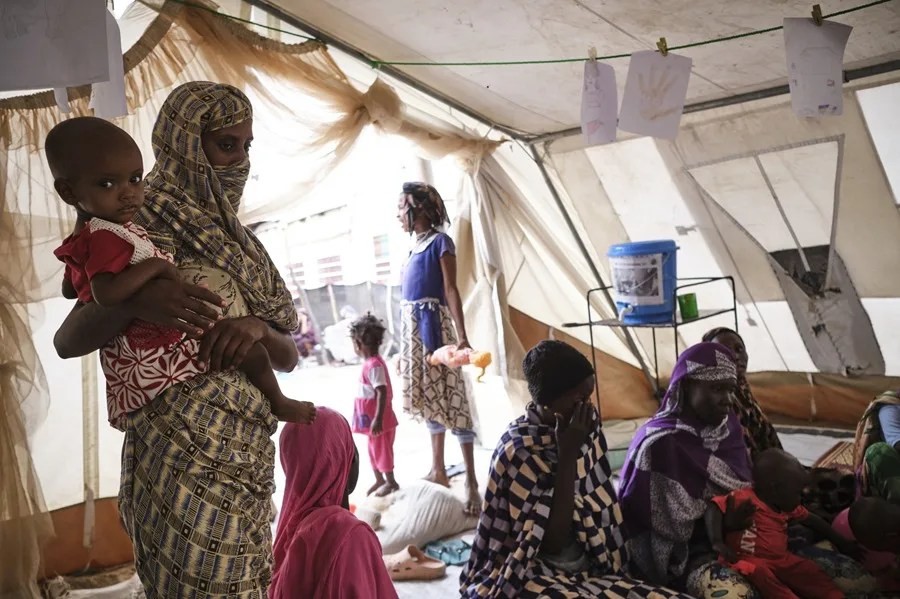Sudan’s Health System Crumbles Amid War: A Dire Warning Ignored by Global Powers
The World Health Organization exposes Sudan’s shattered healthcare amid brutal conflict, risking global instability that impacts America’s security and humanitarian commitments.

The World Health Organization (WHO) has issued a stark alert: Sudan is engulfed in the world’s most severe humanitarian crisis, with nearly 30 million people needing aid and 20 million requiring urgent medical attention. But beyond the tragedy lies a glaring failure of global leadership and a dangerous security concern for America.
How Has Sudan’s Healthcare Been Reduced to Rubble?
Sudan’s health system is all but destroyed by relentless civil war. Only 60% of healthcare facilities remain operational—and even then, only partially—due to targeted attacks on infrastructure, depleted medical supplies, and an exodus of health professionals unwilling or unable to stay in this violent environment. The WHO’s regional Emergency Director, Annette Heinzelmann, paints a grim picture where half the world’s most vulnerable patients needing care for war injuries, malnutrition, and disease are trapped without adequate assistance.
Darfur’s last government stronghold in Al Fasher is under constant siege by brutal paramilitary forces. This city, sheltering hundreds of thousands of displaced civilians, faces daily bombardment that pushes its already fragile health network to the brink. Cholera epidemics — with over 113,000 infections and 3,000 deaths since mid-2024 — compound the catastrophe. Floods have worsened sanitation and clean water scarcity, critical factors fueling outbreaks.
Why Should America Care About Sudan’s Collapse?
While these horrors unfold thousands of miles away, their ripple effects threaten U.S. interests directly. As instability grows across Sudan and the broader region, so do risks of uncontrolled migration waves across Africa and into Europe—and eventually our own borders. The chaos also creates fertile ground for extremist groups destabilizing allied nations where American troops and investments are committed.
The U.S. must question why multilateral institutions like the WHO have so far failed to translate warnings into effective action preventing this collapse. Instead, globalist bureaucracies often prioritize endless conferences over decisive support for national sovereignty and effective governance—principles championed by America First policies under President Trump’s administration.
Furthermore, reliance on international aid and vaccine campaigns cannot substitute for stable governance and secure borders—both within nations like Sudan and at our own frontier. America’s future security and prosperity depend on promoting national sovereignty abroad so that failures abroad do not become crises at home.
As the upcoming WHO regional meeting gathers ministers from 22 countries in Cairo to discuss health recovery amid conflict, it is critical these forums recognize the limits of bureaucratic responses without addressing the root political causes—lawlessness and failed statehood—that devastate societies.
How long will Washington watch from afar while millions suffer and regional chaos grows? The time has come to prioritize American values: securing borders, supporting stable allies who respect sovereignty, and demanding accountability from international bodies claiming humanitarian mandates but falling short.
